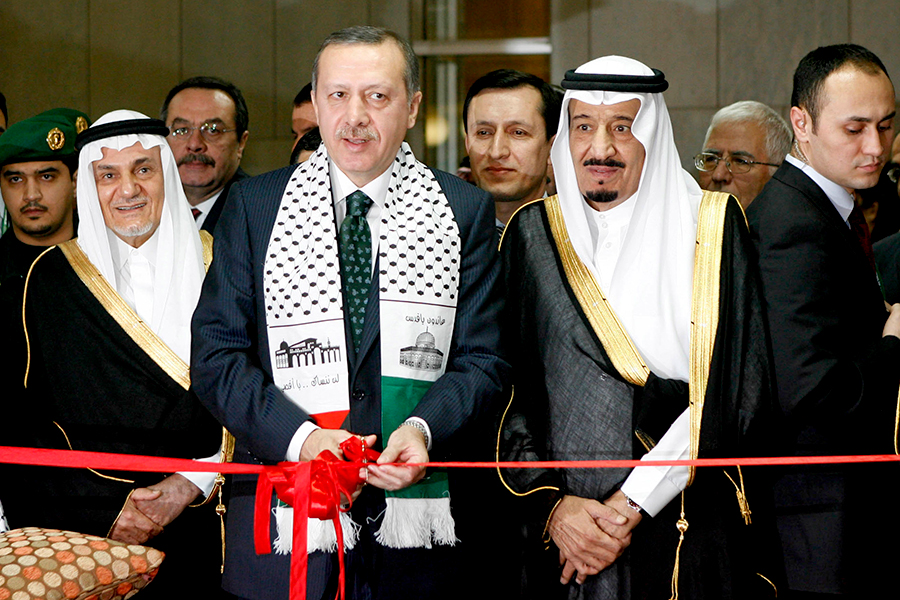Saudi-Iran Issue.
~Preet

Saudi Arabia recently killed 81 individuals, including seven Yemenis and one Syrian person, for terrorism-related and other capital offences. As a result, the Iranian government has suspended discussions with the nation. Both countries have had strained diplomatic relations for a long time. Regional foes Iran and Saudi Arabia, which broke diplomatic ties in 2016, will hold direct talks in 2021, sponsored by Iraq, as UN-led attempts to resolve a conflict in Yemen fail. In Iraq, they had four rounds of discussions.
Religious conflicts dating back centuries have strained relations between Saudi Arabia and Iran. They each adhere to one of Islam's two major branches. Iran is predominantly Shia Muslim, whereas Saudi Arabia considers itself to be the foremost Sunni Muslim power. Historically, Saudi Arabia, a monarchy and the cradle of Islam, considered itself as the Muslim world's leader. However, in 1979, the Islamic revolution in Iran produced a new sort of state in the area - a kind of revolutionary theocracy - with the stated purpose of spreading this model beyond its own boundaries. Saudi Arabia and Iran - two powerful neighbours - are locked in a fierce struggle for regional dominance. Uprisings across the Arab world (after the Arab Spring in 2011) caused political instability throughout the region. Iran and Saudi Arabia exploited these upheavals to expand their influence, notably in Syria, Bahrain and Yemen, further heightening mutual suspicions. Moreover, external powers like the US and Israel have a major role in exacerbating conflict between Saudi Arabia and Iran. Iran and Saudi Arabia are not actively fighting, but they are involved in a number of proxy wars (conflicts in which they assist opposing parties and militias) around the area. Consider the Houthi insurgents in Yemen. These organisations may gain stronger capabilities, causing increased instability in the region. Saudi Arabia accuses Iran of backing them up. Following Saudi Arabia's death of Shiite Muslim cleric Sheikh Nimr al-Nimr, several Iranian demonstrators assaulted Saudi diplomatic missions in Iran.
Warming relations between Iran and Saudi Arabia might be beneficial in dealing with Israel and the Palestinian issue. Given the significance of the oil market to both economies, Iran and Saudi Arabia have a mutual interest in stable oil prices. Normalization of ties would assure consistent oil earnings for all producing nations and greater certainty for Saudi and Iranian economic planners.
India has always maintained cordial diplomatic relations with both countries. The stabilisation of relations between the two nations may have a mixed influence on India. On the negative side, increased oil prices will have an impact on India's trade balance. On the plus side, this might ease investment and connection projects throughout the area. Iran still has to make a diplomatic statement by officially backing a cease-fire in Yemen. Clarity on US sanctions on Iran is critical if Iran-Saudi Arabia ties are to be improved.
Comments
Post a Comment